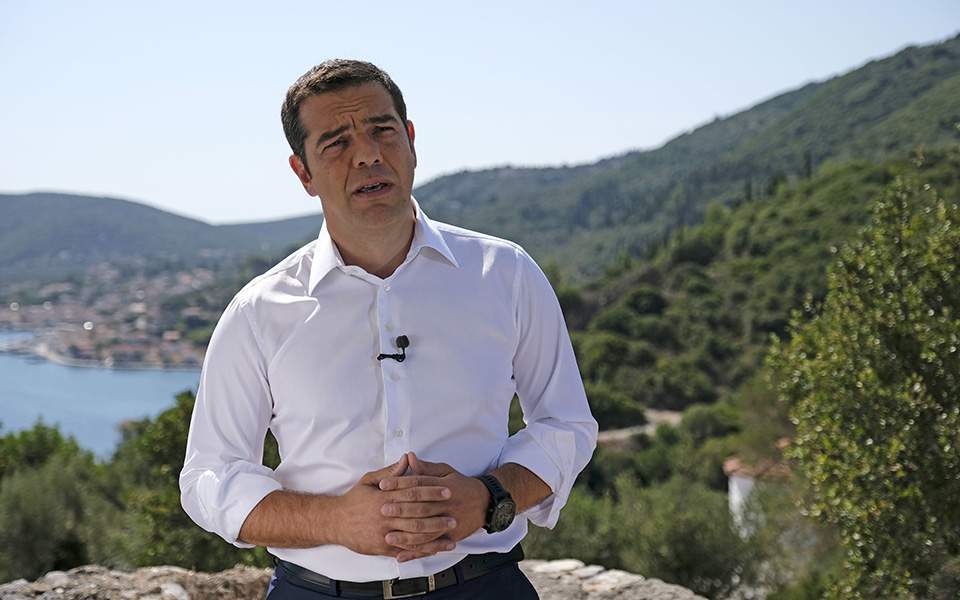Post-bailout Prozac

Cynical as one may be, one cannot but acknowledge the historic, if plain symbolic, significance of Greece’s exit from the bailout programs. The country is still under surveillance, debt remains a millstone, budget surplus targets are set too high for too long and unemployment still hovers around 20 percent, but one of the most traumatic chapters in Greece’s recent history has come to a close.
We’ve all felt the impact, some more than others, but no one has come away unscathed. Some of us lost their jobs, others a big chunk of their income, their homes and their cars. Our parents’ pensions were severely cut, hospitals are running out of basic supplies, the quality of education has dropped and thousands of young people have fled the country or stayed back with no or few prospects of advancement. We find it hard to afford a vacation and it does not really matter any more that “we live in the world’s most beautiful country” because we cannot really enjoy it.
Amid the misery and national depression of the past 10 years, the prime minister’s address from the Ionian island of Ithaca could have been designed to have a Prozac effect on the people, to serve as an encouraging pat on the back of each and every one of us. The prime minister’s message could have been: “Look, not everything was in vain, we went through a hard time, but we’ll manage to stand on our feet in the end.” Instead, Alexis Tsipras chose to declare the beginning of his election campaign, descending into divisive language tinged with anti-bailout rhetoric about bankers-turned-premiers, offshores and so on. He appeared to forget that he actually implemented the bailout that he denounced before the elections. And he appeared to forget that he became a champion of austerity after a prolonged and risky period of immaturity that jeopardized the country’s European prospects.
The government’s strategy is clear: restore old dividing lines, build an anti-conservative front and galvanize SYRIZA’s election base so as to get away with a dignified election defeat. The aim is a comeback after a brief conservative interval.
The opposition meanwhile, appears to be playing into SYRIZA’s hands, pouring oil onto the flames of polarization and occasionally trying to outclass SYRIZA in political rhetoric and culture. However, an overly agressive anti-SYRIZA strategy will only benefit the leftist party. Polarization is what SYRIZA is best at. The Greek people are tired of memorandums, but they are also fed up with the tense and,divisive atmosphere that they bred. Allegations of betrayal, talk about Nazi collaborators (known colloquially in Greek as “germanotsoliades”) and denigrating references to bankers-turned-politicians belong to the bailout era.
The exit from the bailout programs might instead have signalled the beginning of a fresh political discourse that aims to inspire unity and hope.





